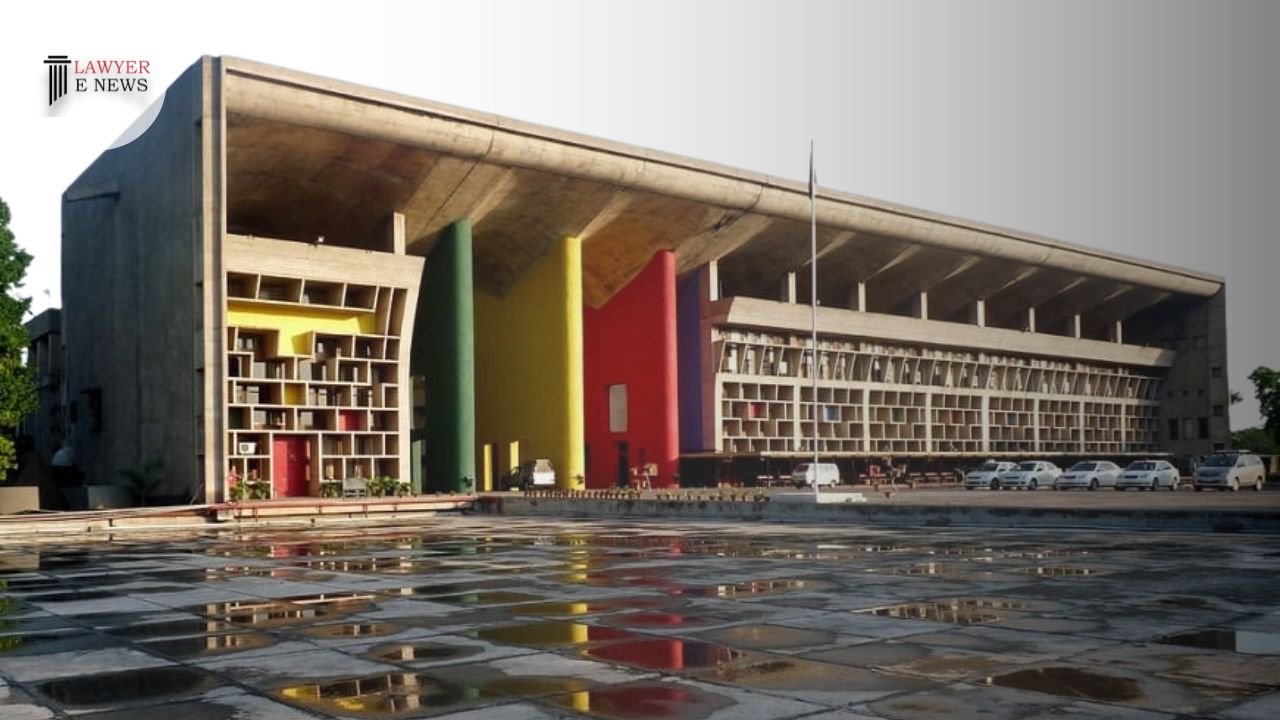-
by Admin
18 February 2026 1:48 AM



In a significant ruling, the High Court of Punjab and Haryana has granted bail to the petitioner involved in the Gurdaspur murder case, emphasizing the principles governing the grant of bail and the need for a humane approach.
The petitioner, arrested in connection with a murder where the deceased was mistakenly suspected of being a thief, sought bail under Section 439 of the Code of Criminal Procedure, 1973 (CrPC). The Court observed that the petitioner had no criminal antecedents and that there was no motive or prior enmity with the deceased.
Justice Anoop Chitkara, in his judgment, referred to various precedents, stating, "The basic rule might perhaps be tersely put as bail, not jail, except where there are circumstances suggestive of fleeing from justice or thwarting the course of justice or creating other troubles in the shape of repeating offences or intimidating witnesses and the like by the petitioner who seeks enlargement on bail from the Court." [Para 8]
The Court also noted the advancements in technology and artificial intelligence that have transformed identification techniques and the possibility of imposing conditions to minimize flight risk. "The exponential growth in technology and artificial intelligence has transformed identification techniques remarkably. Voice, gait, and facial recognition are incredibly sophisticated and pervasive," the Court observed [Para 11].
Emphasizing the need for proportional conditions, the Court held, "The bail conditions imposed by the Court must not only have a nexus to the purpose that they seek to serve but must also be proportional to the purpose of imposing them. The courts, while imposing bail conditions, must balance the liberty of the accused and the necessity of a fair trial." [Para 18-19]
The Court allowed the petition and granted bail to the petitioner, subject to specific terms and conditions, including furnishing a personal bond and surety, surrendering all weapons, not influencing or intimidating witnesses, and not entering the victim's property or vicinity.
This ruling underscores the importance of a balanced and compassionate approach in bail matters, reflecting the delicate balance between the rights of the accused and the interests of justice.
Date of Decision: 16.08.2023
Hardeep Raj vs State of Punjab
